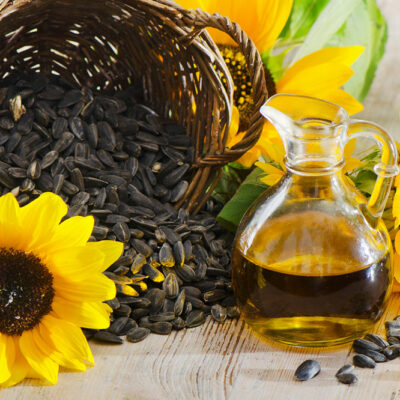
Food Preservatives That Can Trigger Asthma
Several food preservatives are common asthma triggers and can trigger the condition as part of a food allergy or an intolerance reaction. So, people with asthma should avoid these preservatives, as they can sometimes lead to severe, life-threatening reactions called anaphylaxis. One must understand the link between food preservatives and asthma and take conscious measures to avoid harmful ones, so here’s a list of seven common preservatives that can cause adverse reactions:
- Sulfites: Typically, sulfites a group of chemicals commonly used as additives in food. They prevent the food from taking on a brownish color when exposed to air. Sulfites are considered very harmful for asthma patients, as they can trigger mild to severe symptoms. A reaction to sulfite may lead to symptoms like difficulty breathing, tightness in the chest, diarrhea, stomach cramps, and hives. In unforeseen cases, it can even lead to anaphylactic shock. Sulfites are commonly present in dried fruits, wine, shrimp, jams and jellies, frozen potatoes, and white grape juice.
- Aspartame: This is a zero-calorie artificial sweetener used in a wide range of foods and beverages. There is a strong connection between this food preservative and asthma. People who experience difficulty metabolizing the amino acid phenylalanine must stay away from this sweetener, as it can trigger serious reactions.
- Parabens: You must have heard about the use of parabens in shampoos and sunscreens, but these can often cause reactions like severe contact dermatitis. Apart from these products, parabens are used to preserve foods and medications, which can be extremely dangerous for asthmatics.
- Tartrazine: This is a yellow dye commonly present in ice creams, cheese, desserts, salad dressings, candies, canned vegetables, and seasoning salts. It can trigger adverse reactions in asthma patients and must be strictly avoided by asthmatics. Some studies have also found that this food preservative causes allergic reactions in children.
- Monosodium glutamate (MSG): This is another common food preservative widely used by manufacturers and restaurateurs to improve the flavor of packaged foods and meats. A reaction to MSG can cause symptoms like nausea, diarrhea, sweating, tightness in the chest, and a burning sensation on the back of the neck.
- Nitrates and nitrites: These chemicals are added to food to prevent botulism infection and enhance the flavor. They are generally present in hot dogs, salami, bologna, and processed meats and fish.
- Butylated hydroxytoluene: These preservatives are added to grain products and breakfast cereals to prevent them from changing their flavor, color, and odor. They may cause skin allergies and chronic hives in asthma patients.
Understanding the link between common food preservatives and asthma is important to take the necessary measures to avoid their consumption.


